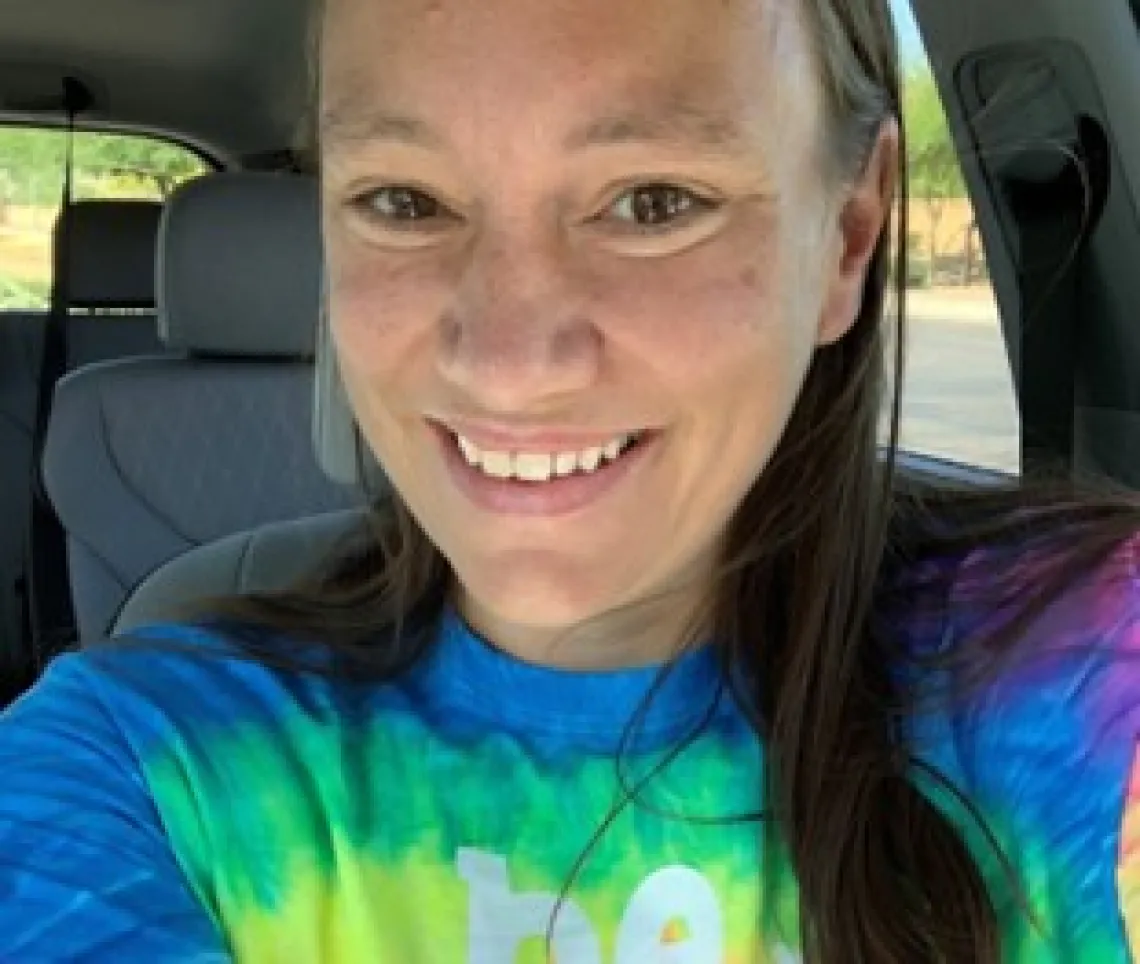The CACTI Blog: Policy Change is Crucial

By Katie Kwiatkowski, 2021-2022 Disability Policy Fellowship
I was honored to be part of the Sonoran Center Disability Policy Fellowship. Joining the Sonoran Center was a way for me to discover how I can be active in changing policy for students with disabilities.
I was in teacher training for elementary education seven years ago when I was diagnosed with inflammatory breast cancer. It is very aggressive. Within a week of the diagnosis, I started chemotherapy. My chemo “cocktail” consisted of 4 different types of drugs - all with severe side effects. The most devastating outcome was how it did and still does affect my cognitive skills. I was working hard with one year left of school, and suddenly I could not comprehend what I was reading. I needed breaks because I could not stay focused. I was determined to finish, but I had to change how I learned. This experience also changed my future goals.
I planned to be a math teacher, but after experiencing the cognitive challenges associated with my treatment, I chose special education. I am now an elementary resource teacher. I have worked with students of all abilities. Most of my students have been identified with a specific learning disability, often in reading. I am passionate about their education, in part, because I understand them.
I have attended many community events and spoken with advocates, parents, and students. The transition from school to work is the change that causes the most worry. The Individuals with Disabilities Education Act (IDEA) states that a transition plan should be drafted no later than the student's 16th birthday. However, many of the services offered are not individualized, and a “one-size fits all” approach is not optimal.
I have worked with students on the weekends, helping them to write resumés and practice filling out job applications. Many of them had difficulty coming up with job-related experience to support those applications. This gap led me to question how much work training is being given to students in the schools. Clubs, school activities, and office work are all available, but only 20% of students with disabilities participate.
In our policy fellowship, we write topic briefs to learn about specific issues. My brief focused on strategies to support the school-to-work transition in order to help make the transition process more detailed, individualized, and supported with greater opportunities. Due to my passion surrounding work transitions for individuals with intellectual and developmental disabilities, in 2022 I left my job as an elementary teacher. I accepted a position at the high school level to help set up a program to better the transition process and apply the changes I am proposing in my brief to my local school. The importance of transitioning from school to the rest of their lives may be the most important transition an individual makes. It is vital that schools and families take this process as seriously as possible.
The CACTI Blog features the voices of our interdisciplinary trainees and Community Advisory Council members as they highlight diverse images of people with disabilities and provide community information and advocacy on disability issues. Check Out The CACTI Blog
